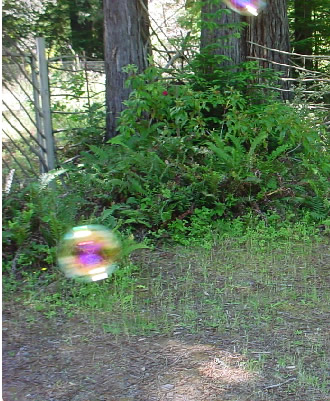 The paragraph below is quoted from an interview with Jack Kornfield, popular advocate and teacher on living a spiritual life.
The paragraph below is quoted from an interview with Jack Kornfield, popular advocate and teacher on living a spiritual life.
“Freud says, ‘Culture has to … erect barriers against the aggressive instincts of men … To love one’s neighbor as oneself is … completely at variance with original human nature ….’ From a Buddhist perspective, the opposite is true … aggression, hatred, and greed are … covering over our innate goodness.”
‘Original human nature.’ ‘Innate goodness’. Is there meaning attached to these phrases?
How measure what is ‘human nature’? How can one know what is at the core of all human activity? Is there a single ‘nature’ which drives the behavior of all humans? Is there any empirical foundation for the idea that ‘aggressive instincts are original human nature’ or for the opposite view that ‘aggression, hatred, and greed are … covering over our innate goodness.’? There is not.
The idea of ‘innate goodness’ contradicts the evidence of our experience. Not all people are made of the same stuff – goodness. There are, indeed, among us people made of that stuff: precious caring souls entirely motivated by compassion. There are also warriors among us for whom compassion is a failing. There are angry people and merry people. There are those whose suffering warped their lives and others whose suffering enobled their lives. ‘Aggression, hatred and greed’ are the true characters of many. No innate benevolence is being masked.
Our species exhibits a cornucopia of behaviors. Their components are much too diverse to be assigned a simple scale of good or bad. Behavior reflects the unique bundle of biological process that makes up each human. Heart muscles differ. Brain chemistry differs. Experiences differ. … It is this variation that generates the plethora of behaviors we see.
The doctrine of ‘innate goodness’ is pleasanter to contemplate than that of ‘innate evil’ – the idea of original sin on which Christian churches are built. Pleasanter but not less primitive. They are both myth.
In our miraculous world even evils may serve the good. Greed is a major factor in growing the economy. Because there are thieves, murderers and terrorist warriors in the world we need our own warriors to defend us.
And who is to define ‘goodness’. Wars have been fought and atrocities committed in the name of ‘goodness’. In Pakistan the Taliban imposes goodness on the population. Sometimes by public floggings of ‘sinful’ women. Not all of us are in agreement on “goodness”.
So ‘original human nature’ and ‘innate goodness’ are, indeed, phrases to which no meaning is attached. They are child’s fairy tale words. They paint fantasy pictures.
Reality is more interesting. Recognizing reality can be marvellously beneficial. It dissolves the hidden self-righteousness in accusing others of “delusion … covering over … innate goodness.” One needn’t expect that aggressors will caste off delusion and come round. Instead we govern ourselves so as to accomodate the world’s variety. Learn to live with the lunatics. They will always be among us. Mold our institutions to accomodate vaste diversity while containing excess. There are mean spirited people and great spirited people. There are all manner of spirits among us. I don’t expect universal innate goodness to shine through very soon, the Buddha notwithstanding.
Comments
One response to “Innate Goodness”
“Good” and “evil” are moral labels, but the Buddha wasn’t talking about morality; he was talking about developing skills to end suffering.
Skillful thought and right action diminish suffering. Because we are all connected, we all benefit when one person’s suffering diminishes and we all suffer when one person’s suffering increases.
The key here is skill. One is never innately skillful. Skill requires development.